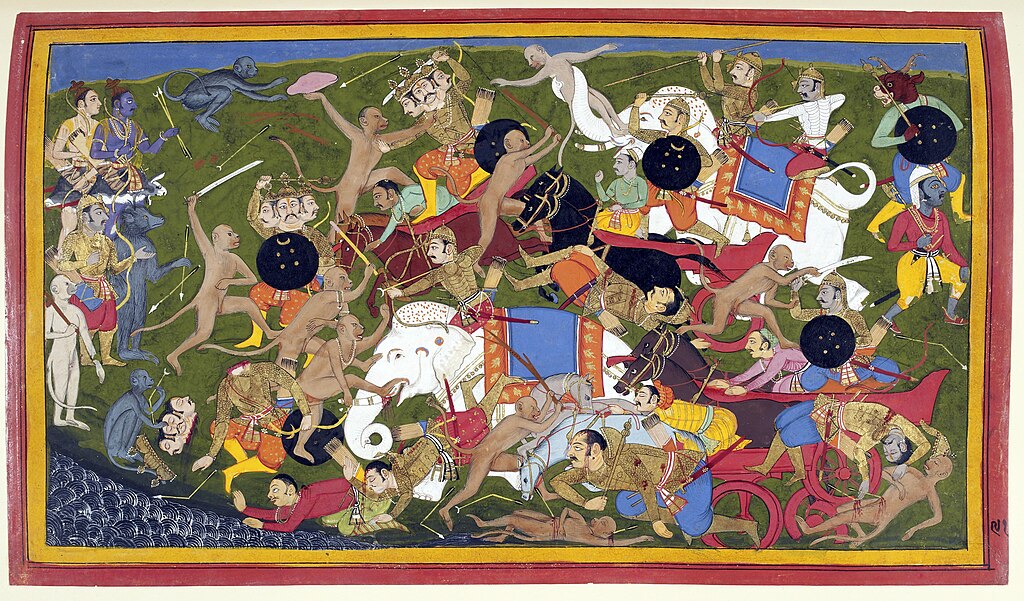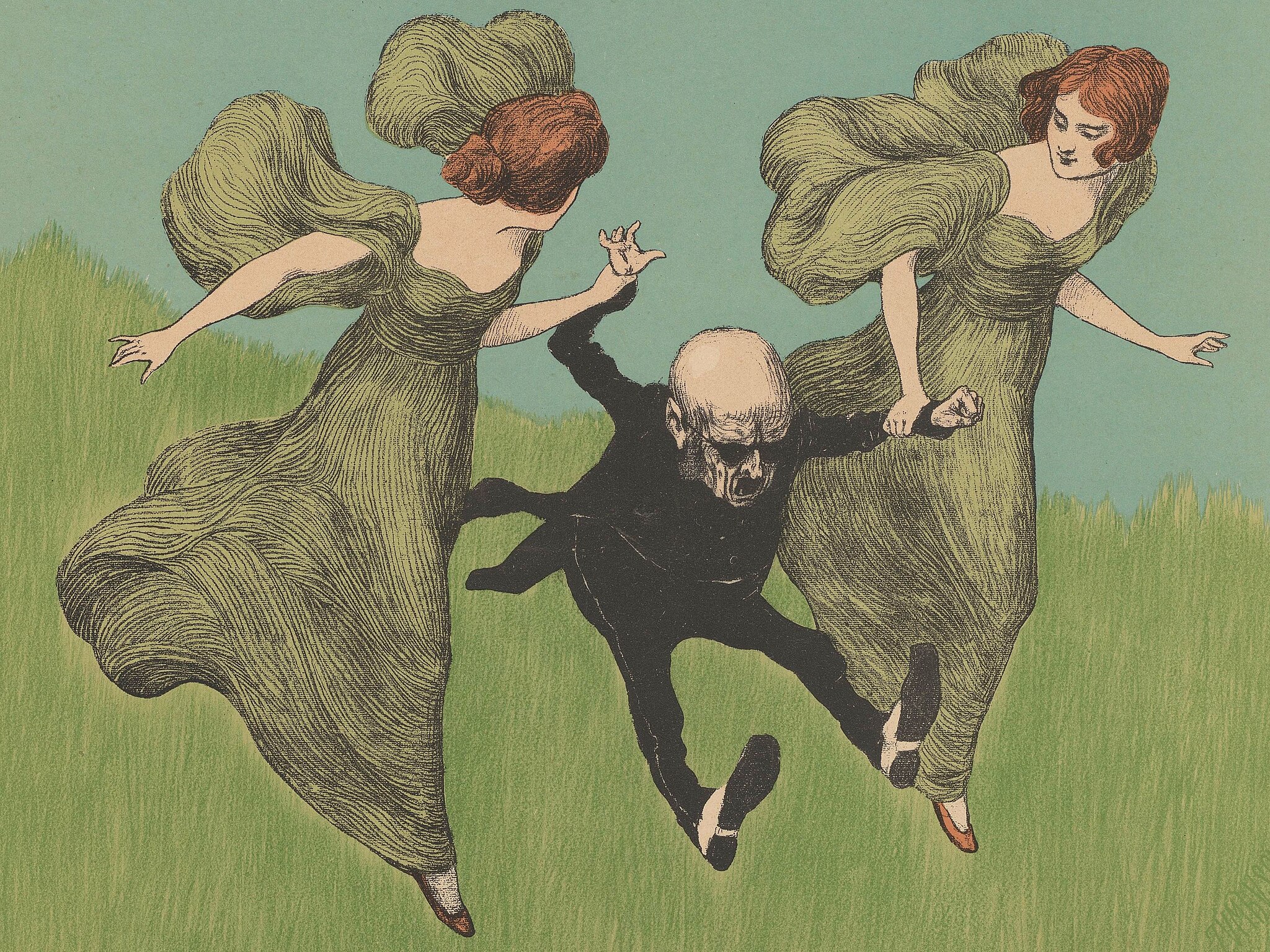Franz Kafka’s The Metamorphosis (Die Verwandlung), penned in 1912 and first published in 1915, continues to burrow into the minds of readers and scholars alike, over a century later. Its unsettling narrative, wherein the mundane existence of Gregor Samsa is upended by his awakening as a “monstrous vermin,” serves as a profound, if disquieting, exploration of identity, alienation, and the very bedrock of the human condition. As we mark 110 years since its initial publication, why do we still find ourselves drawn, compelled even, to reread this confounding little book?
The Unnameable Dread: Kafka’s Ambiguous Transformation
Part of The Metamorphosis‘ enduring power lies in Kafka’s deliberate vagueness regarding Gregor’s new form. Referred to as “ungeheueres Ungeziefer” (monstrous vermin)—a term that pointedly eschews specific identification, this ambiguity allows readers to project their deepest, most inchoate fears and anxieties onto the narrative. As translator Susan Bernofsky notes in her illuminating essay “On Translating Kafka’s ‘The Metamorphosis’,” Ungeziefer encompasses a spectrum of unpleasant creatures, from insects to general vermin, without ever pinpointing a particular species. This very lack of specificity mirrors the universal, often unnameable nature of existential dread, making Gregor’s plight eerily relatable across cultures, eras, and personal anxieties. He is not just an insect; he is whatever frightens us most about ourselves and our place in the world.
Echoes of Existence: Alienation, Absurdity, and the Self
Gregor’s grotesque transformation inevitably leads to his profound estrangement from his family and the familiar rhythms of society, casting a stark light on themes of alienation and the terrifying fragility of identity. Literary scholars have long drawn compelling parallels between Gregor’s experience and core existentialist concepts. Think of Jean-Paul Sartre’s notion of “being-for-others,” which resonates deeply with Gregor’s agonizing realization that his identity is largely shaped, and tragically unmade, by the perceptions of those around him. When he can no longer perform his social function, his very being dissipates. Similarly, Albert Camus’s potent idea of the absurd, the crushing conflict between humanity’s inherent desire for meaning and the universe’s pervasive indifference finds a chilling reflection in Gregor’s futile attempts to find purpose or agency in his new, monstrous form. He is trapped, seeking reason in an unreasonable existence.
The Grinding Gears of Capital: A Marxist Lens on Dehumanization
Through a Marxist lens, Gregor’s metamorphosis can be powerfully interpreted as a visceral symbol of the dehumanizing effects inherent in capitalist labor. His monotonous role as a traveling salesman, characterized by its repetitive, exhausting, and fundamentally exploitative nature, systematically alienates him from his true self even before his physical transformation. The sudden shift into an insect form can be seen as a literal, horrifying manifestation of this prior alienation. It echoes Karl Marx’s prescient theory that under the relentless pressures of capitalism, workers become estranged not only from the products of their labor but, more tragically, from their own innate human essence. Gregor’s body merely catches up to the dehumanization his spirit has already endured.
The Unseen Wounds: Trauma and the Psychology of Self-Perception
On a psychological level, Gregor’s shocking metamorphosis can be understood as an externalization of deep-seated internal conflicts and unresolved trauma. His immediate concern upon awakening, surprisingly, is not his grotesque appearance, but his overwhelming fear of being late for work. This seemingly mundane worry reveals a profound, almost pathological, identification with his role as a provider. His self-worth is inextricably tied to external validation and rigid societal expectations. This poignant novella thus serves as a powerful commentary on the immense psychological toll of over-identifying with one’s social roles and the devastating, subsequent loss of self that can occur when those roles are stripped away.
Beyond the Vermin: Stigma, Otherness, and Enduring Relevance
In contemporary contexts, The Metamorphosis continues to prove remarkably versatile, frequently utilized to explore urgent themes of stigma and profound social exclusion. For example, within medical education, the novella has been thoughtfully employed to illustrate the harrowing emotional and social challenges faced by individuals living with stigmatized conditions, such as HIV. Gregor’s family’s immediate rejection and eventual neglect of him, their horror turning to inconvenience and then indifference chillingly parallel the societal ostracization experienced by those deemed “other.” This enduring application underscores the story’s profound relevance in ongoing discussions about empathy, social justice, and the often-tested human capacity for compassion.
One hundred and ten years on, The Metamorphosis remains a disquieting, indispensable mirror. Kafka’s genius lies not in providing answers, but in crafting questions that continue to scuttle into the deepest corners of our own anxieties, forcing us to confront the monstrous and the human within us all.



